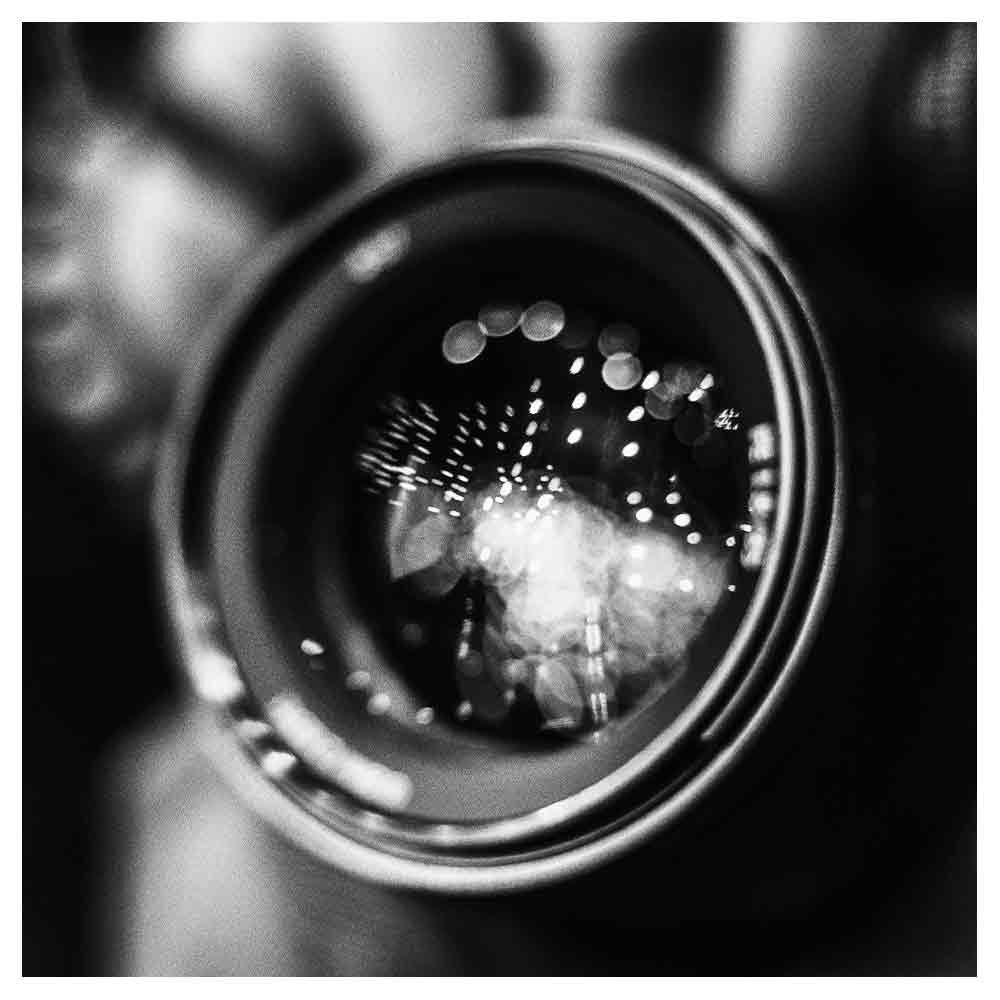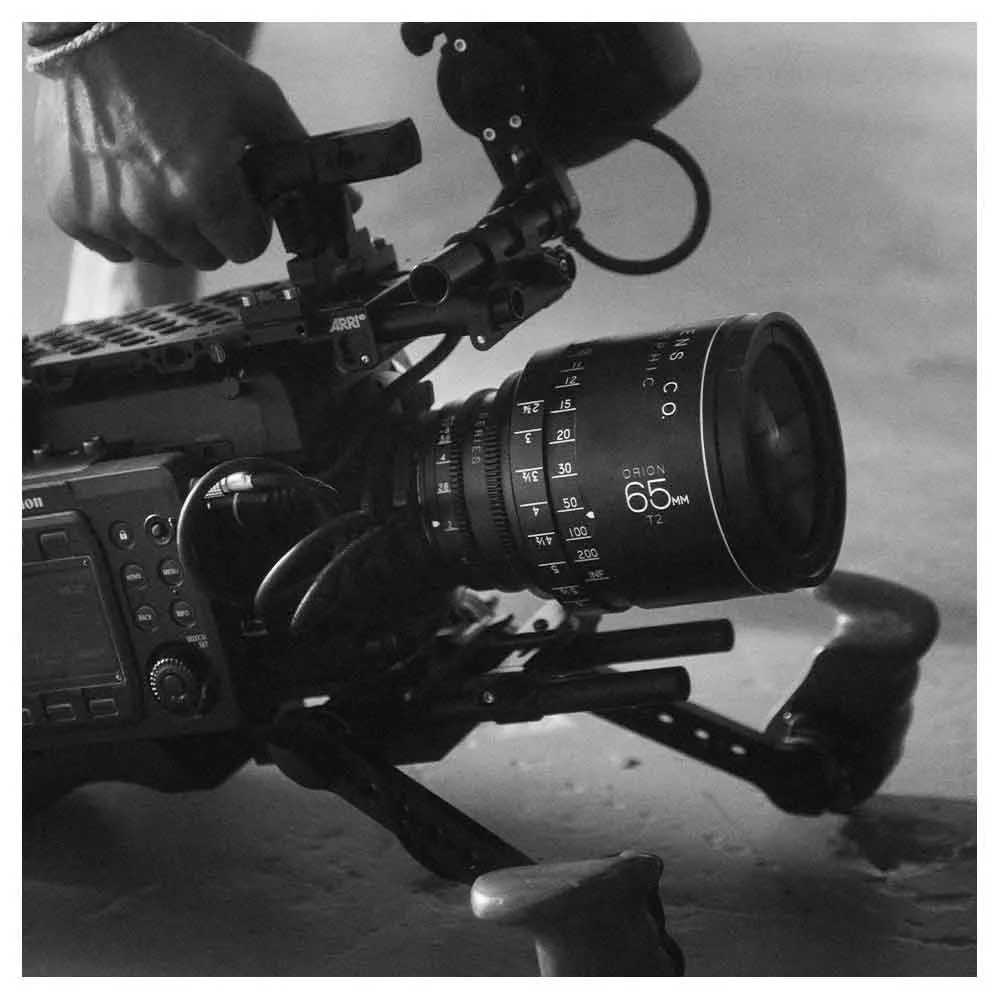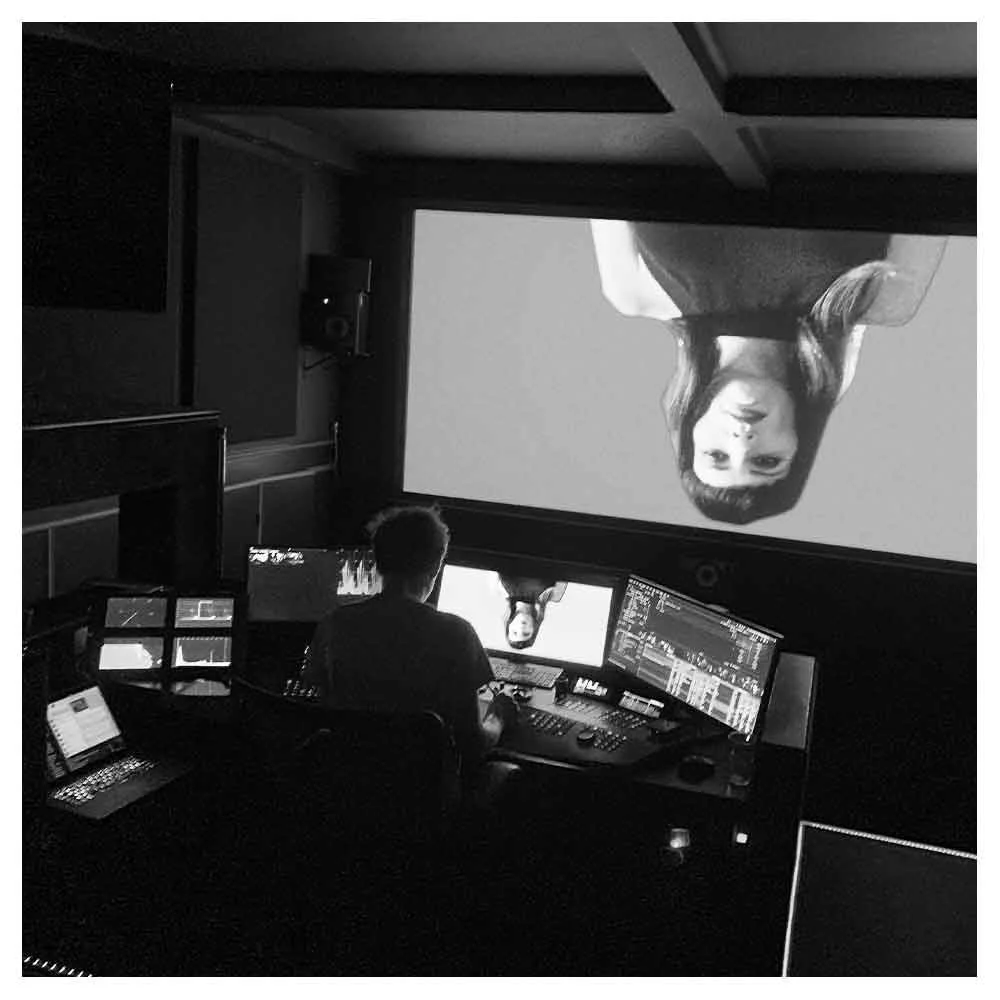What Makes A Good Movie? Understanding the Magic Behind Movie Success
Cinema is an art form that weaves a narrative into a visual and auditory experience, thus imprinting an indelible mark on our collective consciousness. But what makes a good movie?
This question has stirred up numerous debates among film critics and movie buffs. Let's embark on a cinematic journey through the key ingredients of a good film.
A Compelling Story
At the heart of any great film lies a compelling story that grips the audience from the get-go. A good story, whether based on a true story or conjured up from the depths of imagination, is the foundation of a great film itself.
The plot should create suspense, provoke thought, and engage the audience at a deeper level. From the twists and turns of Inception to the emotional journey of Up, the story's themes remain with us long after the credits roll.
Take, for example, the Pixar movie Inside Out. At its core, it tells a simple tale about growing up. But, the creative way the narrative is constructed, exploring the inner workings of a child's mind, elevates it from a simple story to a masterpiece.
A good script is the key to a good story. The script carries the dialogue and directs the action, defining the entire film.
A good script is nuanced and well-developed, creating a cohesive story with a well-defined beginning, middle, and end.
Strong Characters and Character Development
Characters are the heart and soul of a film. Strong characters' flaws, strengths, quirks, and ambitions make us care about the story. The emotional resonance between the characters and the audience can turn a good film into a great one.
Take the Star Wars series, for instance. The progression of characters like Luke Skywalker or Darth Vader keeps us hooked throughout the series.
From meeting them to their ultimate destiny, we see their evolution and growth - the essence of character development.
Talented Actors
Talented actors breathe life into characters. The mark of good acting is the ability to make viewers feel what the character is feeling.
It transcends the screen, making the audience forget they are watching a performance. For instance, Tom Hanks's portrayal of Captain Miller in Saving Private Ryan left an indelible impression on its viewers.
However, a good performance also requires a good director to guide the actors in realizing their roles.
A film director bridges the gap between the script and the screen, making their director's vision a critical element of a successful movie.
High-Quality Production
Cinema history is replete with great films that stand out due to their stunning visuals and sound design.
The technical aspects of a film, from its cinematography, visual effects, and sound design to its costuming, can significantly enhance its overall quality.
Consider the opening scene of Saving Private Ryan. The portrayal of the D-Day landings, with its stunning visuals and sound effects, places the audience on the beach, enhancing the film's greatness.
A great screenplay complemented by great cinematography and music often results in a memorable film. And sometimes, it's the visual beauty of certain films, like Wes Anderson's The Grand Budapest Hotel, leaves the audience mesmerized.
Good Pacing
The pacing of a movie is the rhythm of the story and the speed at which it progresses. Good pacing keeps the audience engaged, ensuring they pay attention to the story without getting lost or bored.
An example of excellent pacing can be found in The Dark Knight. The film maintains a steady rhythm, building tension and providing relief at the perfect moments, making it not just a good superhero movie but a great one in its own right.
Emotional Impact
A good movie needs to make the audience feel something, anything. Whether it's the joy of a feel-good rom-com, the thrill of an action flick, or the sorrow of a tragedy, a successful movie should resonate with its viewers emotionally.
Pixar is a studio that consistently delivers films with emotional impact. From the heartwarming Finding Nemo to the poignant Coco, these films are celebrated for their ability to tug at the heartstrings of a wide audience, both young and old.
Relatability
Another important aspect that contributes to a film's success is its relatability. Whether it's the main character, the story, or the themes explored, the audience should be able to see a part of themselves or their experiences reflected in the movie.
The key here is understanding the target audience. A teenage romance might not appeal to an older demographic, and a heavy political drama may not resonate with a younger crowd.
Finding the balance is a challenge that the film industry constantly wrestles with.
Originality
Finally, originality. In a world where sequels, prequels, remakes, and spin-offs are the norm, originality is a breath of fresh air. A good film provides something new, unexpected, and a unique perspective that challenges the norm.
Consider The Truman Show or The Matrix, which explored uncharted territories in storytelling, making them unforgettable entries in cinema history.
Ultimately, the definition of a good movie varies from person to person, depending on individual preferences. However, these key elements often create films that entertain, enlighten, and endure.
Whether it's your favorite film, a box office hit, or a critically acclaimed high art film, remember that each is a work of art, reflecting the human experience in all its complexity.
And as you sit back and enjoy your next film, appreciate not just the entertainment value it offers but also the thought, effort, and creativity that went into making it.
After all, what makes a good movie good is the magic that resonates long after the credits roll.
Frequently Asked Questions
What is the most important element of a good movie?
There is no single "most important" element as all film components — story, characters, acting, direction, production quality, pacing, emotional impact, relatability, and originality — contribute to its overall quality. However, many argue that a compelling story is at the heart of a great movie.
Does a movie have to be original to be good?
Originality is certainly appreciated and can make a movie stand out. However, a movie mustn't be original to be good. Even familiar stories can be told in fresh, compelling ways.
Do all good movies have to make us think?
While many great films provoke thought and stimulate deep conversations, not all good movies need to be thought-provoking. Sometimes, a movie's primary purpose is to entertain, provide escapism, or evoke emotions.
Can a movie with bad reviews still be a good movie?
Absolutely. Film critics provide valuable insights, but their opinions aren't the only measure of a movie's quality.
Personal enjoyment is subjective. A movie may have mixed or negative reviews from film critics, yet still resonate with certain viewers.
Does a good movie need to have good acting?
Good acting enhances a movie's quality by making characters believable and evoking the intended emotions.
However, a film can still be appreciated for its story, themes, or technical excellence, even if the performances are lacking.
What's the role of the director in making a good movie?
A director is pivotal in shaping a good movie. They interpret the script, guide the actors, oversee the film's technical aspects, and ensure all elements harmonize to realize their vision.
The director's influence is a critical element in crafting a successful movie.
Do box-office collections determine if a movie is good?
Box-office collections measure a movie's commercial success, not necessarily its quality. Many films have been commercial hits but critically panned, while others have been commercial failures but critically acclaimed. The "goodness" of a movie is subjective and can't be determined solely by its box-office performance.
Can a good movie be made with a low budget?
Absolutely. While a large budget allows for grander sets, star-studded casts, and high-end special effects, it's not a prerequisite for a good movie.
Many low-budget films have been highly successful and praised for their compelling stories, memorable performances, and creative direction.
Does a good movie need to have a happy ending?
Not necessarily. While many audiences enjoy a satisfying conclusion where everything ties up neatly, a good movie doesn't always have to end on a positive note.
In fact, some of the most memorable and powerful films challenge the convention of a 'happy ending', leaving audiences to ponder long after the credits roll.
Is a film's music an important factor in its success?
Indeed, a film's music plays a significant role in setting the mood, building tension, and eliciting emotional responses.
Some of the greatest films are known for their memorable scores. However, a film can still be successful and highly regarded without a standout musical score.
Do special effects make a movie good?
Special effects, particularly in genres such as science fiction, fantasy, or action, can significantly enhance a movie's visual appeal.
However, while good visual effects can be impressive, they are not a standalone measure of a film's quality. The story, characters, and themes must still engage the audience.
Does a movie need strong villains to be good?
Strong villains can add depth to a movie, countering the heroes and driving the conflict. However, not all good movies require a villain.
Many successful films focus on internal conflicts, societal issues, or personal journeys rather than a traditional villain-hero dynamic.
Do all good films win awards?
While awards can reflect critical recognition, they are not the sole measure of a film's quality. Numerous examples of great movies were overlooked during awards season but remain beloved by audiences.
How does the audience's reaction determine if a movie is good?
Audience reactions can provide valuable insights into a film's impact and relevance. A good movie often resonates with its audience, inspiring emotional responses and provoking discussions.
However, like reviews, these reactions are subjective and vary greatly between individuals.
Remember, what makes a good movie 'good' can greatly differ from one person to another. Your personal enjoyment and emotional connection with a film are what truly matters.






























